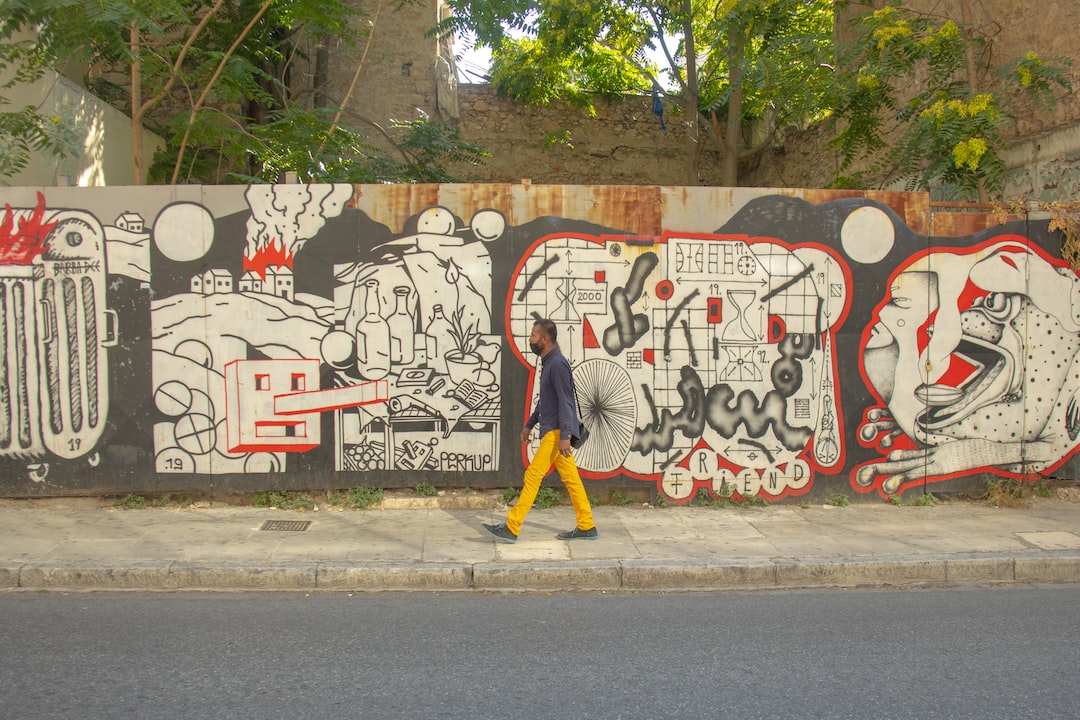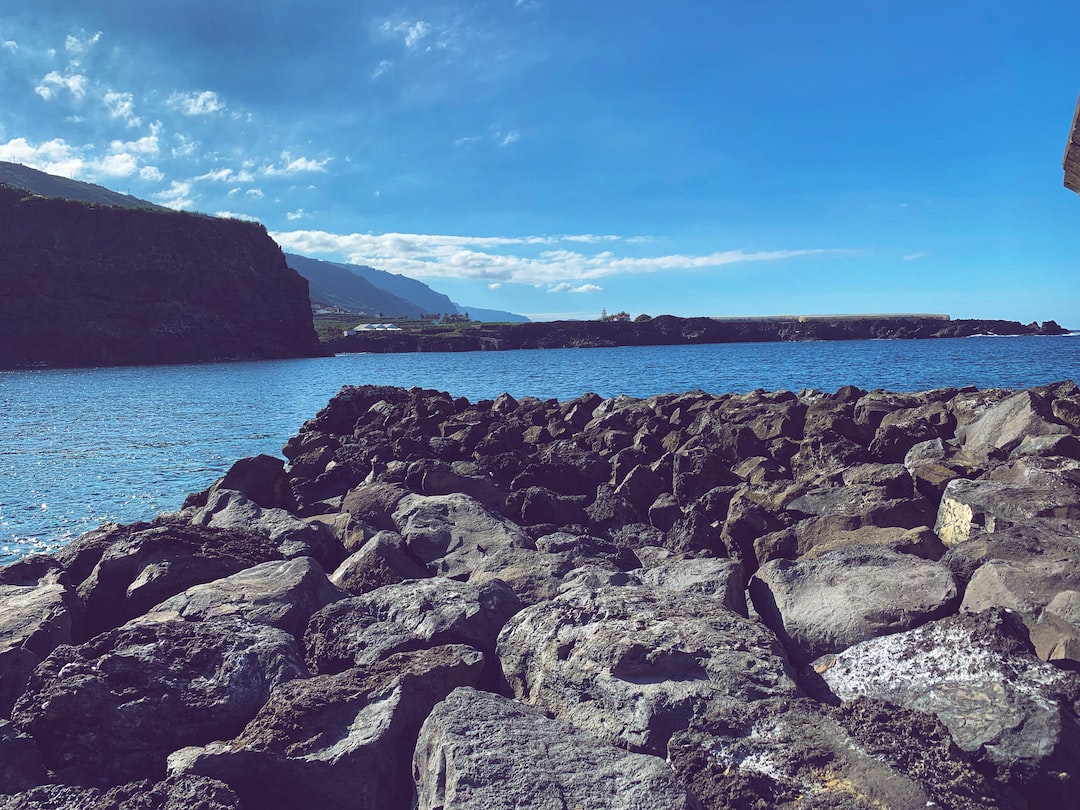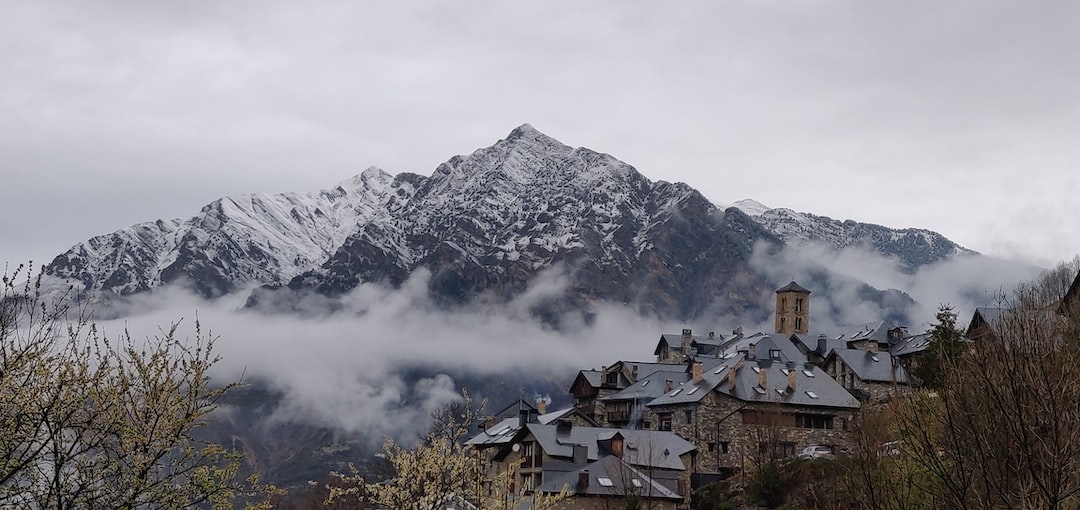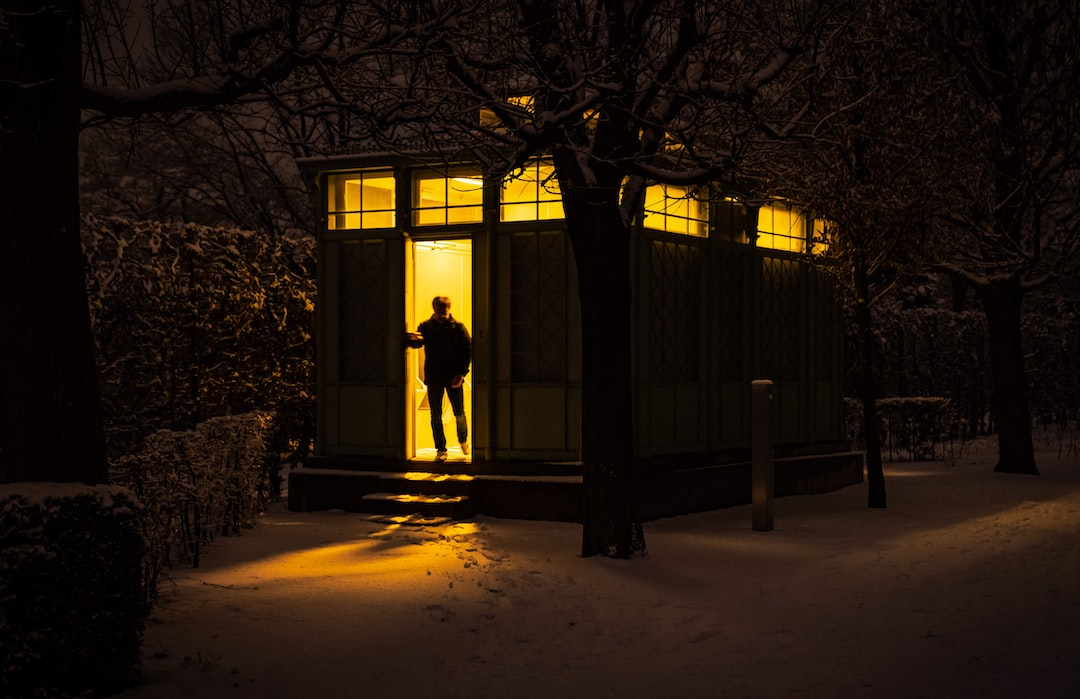Yo, welcome to the world of democracy—the OG system that’s been holding it down for centuries, way before your favs on social media were ever even conceived. But let’s keep it 100; most of us have heard the term "democracy" tossed around like it’s some TikTok trend, but let’s dive deeper. Have you ever wondered how it all started? How humanity even came up with the idea that people should have a say? Well, buckle up, ’cause we’re about to go all the way back like you’re scrolling through someone’s cringy 2010 Facebook posts.
But don’t sweat it—I’m not about to drag you through some dry, dusty history lesson. We’re putting democracy in the spotlight with a Gen-Z twist. From wild debates in ancient Greece to today’s digital activism, we’re covering it all. By the time we’re done, you’ll see just how lit democracy really is and why it’s not just “old people stuff.” No cap. 🤙
When in Greece: Birth of Democracy
Alright, let’s kick it off where it all began—ancient Greece, baby. Think of Greece as that artsy indie kid in high school who was into deep stuff before anyone else. Back in the day, around the 5th century BCE, these folks were living in city-states, also known as poleis. The biggest city-state, Athens, was like the main character of this democracy origin story.
Athens wasn’t always democratic, though. Before the vibe shift, it was ruled by a bunch of boujee aristocrats, and let’s just say they weren’t sharing too many rights with the ordinary peeps. Things were low-key (or maybe high-key) unfair. But the common people of Athens started getting fed up with being ghosted by the elites when it came to decision-making. It was time for a change.
Enter Solon, Cleisthenes, and Pericles—Athens’ very own squad of reformers who weren’t just about that political drama; they were about action. These dudes had some serious clout and laid down the framework for a system where citizens (read: free males, not women, slaves, or foreigners—more on that later) could actually participate in government decisions.
And thus, democracy in Athens was born. It was direct democracy back then, meaning people voted on issues directly rather than electing reps. Imagine pulling up to a massive assembly and making decisions on whether to go to war or not. That’s what these Athenians were up to, and it was revolutionary.
Rome Wasn’t Built in a Day, Neither Was Their Republic
While Athens was flexing with its democracy, Rome was on its grind, building a different kind of system—a republic. And no, not the trendy clothing brand. We’re talking about a form of government where people elected representatives to make decisions for them. It was like a Snapchat group story, but with more power and less drama.
Rome started as a monarchy but transitioned into a republic around 509 BCE after they canceled the last king’s show (literally, they overthrew him). The Roman Senate became the GOAT governing body, but it wasn’t all inclusive like a house party invitation on Instagram. The wealthiest were still in charge, and the common folks—aka plebeians—had to fight for their rights.
But shoutout to the Conflict of the Orders, a series of power moves by the plebeians, which led to the creation of the Tribune of the Plebs. This office gave regular folks a voice in government decisions, making Rome a significant influence on modern-day democratic principles. These tribunes were like the early versions of social media influencers—they had the power to veto decisions, and they weren’t shy about using it.
Rome gave us some of the foundational ideas we still vibe with today, like checks and balances, separation of powers, and rule of law. But let’s not sugarcoat it—Rome’s "democracy" was still lit for the elite, not the common person.
The Dark Ages aka The Den of Feudalism
After the Roman Empire took that famous L in 476 CE, things got real. Europe fell into what’s often called the Dark Ages, which lasted for about a thousand years. And no cap, democracy was basically put on airplane mode. Feudalism took over, and it was a major downgrade.
The system was mad hierarchical. You had kings and lords on top, peasants grinding at the bottom, and knights somewhere in between. Power wasn’t distributed based on choice or consent; it was force and inheritance that dictated everything. Imagine if you could only be a content creator if your parents were YouTubers. There was no voting, no equality—just stay in your lane.
However, even during these dark times, the spark of democracy wasn’t totally extinguished. Medieval England saw some early moves towards democratic principles, like the Magna Carta in 1215. This document was basically the medieval version of "The people are fed up." It limited the power of the king for the first time and set some foundational concepts like due process and the idea that rulers couldn’t just do whatever they wanted.
So while democracy was hibernating, the seeds were being planted for a big comeback. Stay tuned!
Renaissance and Enlightenment: The Glow-Up
Jump to the Renaissance – a period of absolute slayage, not just in art and culture, but also in political thought. Think of this as the glow-up phase of democracy. Intellectuals started to re-examine ancient texts and ideas from Greece and Rome. Old systems like feudalism were becoming as outdated as your parents’ 90s fashion choices.
Enter the Enlightenment, a philosophy-driven movement that was basically the equivalent of today’s “woke culture.” It happened around the 17th and 18th centuries and brought back reason, science, and the idea that maybe—just maybe—people have rights that rulers shouldn’t mess with.
Philosophers like John Locke, Voltaire, and Montesquieu were the real MVPs during this era. Locke wrote about natural rights—life, liberty, and property— and claimed that government should be based on a social contract with the people. Montesquieu introduced the idea of separating powers—executive, legislative, and judicial— to prevent any one branch from turning into a tyrannical TikTok overlord.
You can see where all this is going: these ideas became the backbone of modern democracy. The Enlightenment was like the pre-game to the world’s major democratic revolutions.
American Revolution: The First Big Flex
Alright, fam, let’s talk about how these Enlightenment ideas weren’t just all talk. They actually paved the way for one of the biggest flexes in history: the American Revolution. Before the U.S. was the land of hot takes and memes, it was a British colony that was straight-up fed up with being taxed without any say in the matter. Sound familiar?
So in 1776, the American colonies decided to Yeet the British out and declared their independence. The OG influencers of the American Revolution—Thomas Jefferson, Benjamin Franklin, and George Washington—crafted a government that put the people in the driver’s seat. The U.S. Constitution was signed in 1787, and bam! The first stable, modern democracy was born.
But let’s keep it real. When the Constitution said ‘We the People,’ it didn’t mean everyone. Slavery was still legal, women couldn’t vote, and Native Americans were pushed out of the picture. It was progress, but not perfection. Still, that document became the blueprint for democratic movements around the world.
French Revolution: When ‘Liberté, Égalité, Fraternité’ Hit Different
Fast forward to France in 1789, where things were heating up. Inspired by the American Revolution and the Enlightenment, the French people took to the streets with a vengeance. The French Revolution was next-level chaotic—a mix of clapbacks, beheadings, and a lot of angry mobs.
The French revolutionaries were over the monarchy and the feudal system, treating them like bad Wi-Fi—they unplugged that ish. They formed the Declaration of the Rights of Man and of the Citizen in 1789, asserting that all men are born free and equal in rights—and yes, they actually meant all (at least on paper).
The Revolution went through phases, from the radical Reign of Terror to the eventual rise of Napoleon Bonaparte. But the impact was huge. It’s where the idea of universal male suffrage—the right for all men to vote—started gaining traction. Sure, it got messy, but it was clear that democracy wasn’t just an American thing.
Industrial Influence: How the Factory Age Shifted Power
With the Industrial Revolution sweeping through Europe and America in the 18th and 19th centuries, everything changed—and I mean everything. If the Enlightenment and revolutions were the spark, the Industrial Revolution was a full-blown fire. People moved to cities, started working in factories, and suddenly, a new class—working-class people—were flexing their collective muscles.
Labor movements started to rise as workers demanded better conditions, fair wages, and—you guessed it—representation in government. It became clear that democracy needed to stretch to include more than just the land-owning elites.
Reforms started popping up like hacked life hacks. The Reform Acts in Britain during the 19th century extended the vote to more and more men—not just the rich ones. Similar changes were happening across Europe and the United States as the middle and working classes claimed their spot in the democratic system.
This era demonstrated that democracy isn’t static; it adapts and evolves according to the needs and power dynamics of the people.
Rise of Socialism and Communism: New Ideologies Enter the Chat
Now, let’s take a detour through the left-wing of political history. With democracy spreading, not everyone was vibing with the status quo, especially with the widening gap between the haves and the have-nots. Enter socialism and communism, the political ideologies that shook early capitalist societies to their core.
Karl Marx and Friedrich Engels are the ones who basically dropped the manifesto that ignited the communist movement. According to them, capitalism was mad sus. They claimed the workers were being exploited, and they wanted to flip the table by establishing a classless society where everyone shared the wealth—straight up Robin Hood vibes.
While Marx’s ideas led to the Bolshevik Revolution in Russia and inspired communist movements around the world, they also sparked a defining debate: Is democracy just about elections, or is it also about economic equality? Some people felt democracy as it stood was more like democracy’s bougie cousin—plutocracy. In modern terms, the beef between capitalism, socialism, and democracy is still trending.
But it’s important to note that even as these new ideologies were emerging, democracy wasn’t canceled—it evolved. The 20th century saw governments that mixed democratic principles with socialist policies, blurring the lines and showing that democracy had room to grow in ways no one saw coming.
World Wars and the Fight for Democracy
The 20th century wasn’t just about new ideologies; it was also the backdrop for the world’s most intense democracy vs. totalitarianism showdowns—World Wars I and II. These conflicts had all the drama and devastation in history’s timeline, and at the heart of them was the battle over how societies should be run.
World War I was a wake-up call that ripped apart monarchies and empires, while World War II was the ultimate clash between democracy (yes, the Allies had some colonial baggage, but let’s not get sidetracked) and totalitarian regimes like Nazi Germany and Fascist Italy.
The Allied victory in 1945 wasn’t just a W for democracy; it was the point where democracy really became the main character on the global stage. But let’s not get it twisted—democracy didn’t naturally rise to the top. It happened through bloody battles, difficult compromises, and millions of lives lost.
Post-war, institutions like the United Nations were formed to prevent such tragedies from happening again. The world united under the idea that democratic principles had to be protected and promoted to ensure lasting peace.
The Cold War: Democracy vs. Communism, Featuring the USA and USSR
If the World Wars were democracy’s proving ground, the Cold War was its PR campaign. After World War II, the world was basically sliced in two—democracy mainly led by the USA, and communism championed by the USSR. This global stand-off had everyone on edge for decades, from the Cuban Missile Crisis to the space race.
The advantage of democracy was that it allowed for a voice (unless you were in a Soviet-controlled region, of course). This was the period when the West aggressively promoted and sometimes imposed democracy across the world. But ya gotta peep the irony here—while the West was promoting democracy globally, they weren’t keeping it 100% at home; racial segregation, gender inequality, and wealth disparity were still major L’s America was taking.
The Cold War finally thawed out in 1991 when the Soviet Union collapsed, leaving democracy as the world’s reigning system. But the end of the Cold War raised new questions: Is democracy for everyone? Or was it just the victor’s system imposed on the rest of the world? Thoughts?
The Digital Age: Clicking "Like" on Democracy
Here’s where we get into the territory that might actually feel relatable: modern democracy in the digital age. Gone are the days of solely paper ballots and political rallies in town squares—today, social media platforms are the new battlegrounds. And let me tell you, digital democracy hits different.
The Internet has democratized information and literally put power in the hands of every user with a smartphone. Anyone can start a movement, advocate for policy change, or even run for office (Yo, remember when Kanye did that?). Social media has effectively turned every user into a potential activist or influencer.
But let’s get real—this can be a double-edged sword. Fake news, cyberattacks, and echo chambers can also threaten the democratic process. Remember those deep-fake videos, and how misinformation can sway billions? The stakes have never been higher, and the power of a “like,” “retweet,” or even a meme can have real-world consequences.
Still, digital spaces afford more people a voice in the global conversation. While it’s not a replacement for traditional democratic processes, the digital age offers a new frontier for democracy to evolve—or devolve, depending on how it’s wielded by users.
Emerging Democracy in the 21st Century: More Than Just Free Elections
So, we’re in the 21st century, and democracy is still in the mix, dominating the geopolitical scene like it’s got main-character energy. But democracy in today’s world involves way more than just holding clean elections. These days, we’re talking about participatory democracy, social justice, and whether governments are really addressing people’s needs.
Movements like #MeToo, Black Lives Matter, and climate activism are redefining what it means to participate in democracy. It’s no longer just about casting a ballot every few years. People want real-time accountability, transparency, and inclusivity like never before.
More than this, in many parts of the world, democracy is still a new project. Countries that have only recently transitioned away from authoritarian rule are having to learn how to make democracy work for them. Just as Athenian democracy was different from what exists today, it’s likely that democracy in the future will look different from what we have now.
Human rights, gender equality, economic justice—these have become central to the democratic agenda. And folks aren’t just walking the walk; they’re marching the march—literally. Pro-democracy protests from Hong Kong to Belarus show us that people worldwide are still hungry for a system where their voices can actually make a difference.
So, Where’s Democracy Going Next?
Here’s the million-dollar question: What’s the future of democracy? TBH, while it’s been through a wild rollercoaster of human history, democracy’s not done evolving yet. From tackling climate change to dealing with tech surveillance, there are massive challenges and opportunities ahead.
The global rise of authoritarianism is back on the radar, with some argue democracy itself is under threat—even in countries where it’s been stable for a minute. Populist leaders are using democracy to tear down democracy, playing on fears and divisions. Democracies are having to ask some tough questions: How resilient are we? How can we protect the rights of minorities, while ensuring the majority’s voice is heard?
Also, keep this on your radar—climate crisis. Governments worldwide are grappling with how to balance economic interests against environmental responsibility. Some nations push toward extra-legal solutions when democratic procedures seem slow or ineffective. Yet, climate action is now being framed as a democratic right—a right to a livable planet.
Tech giants like Facebook, Twitter, and TikTok are also tangled up in this web. While they amplify voices and mobilize collective action, they are also captives to algorithms that can mislead and manipulate the public.
The only bet? Stay woke—literally. Democracy depends on citizens who actively engage, keep informed, and challenge the status quo. The fight for democracy is ongoing and its preservation depends on how well we rise to the challenges of today and tomorrow.
Lit FAQs 💥
1. What’s the difference between a democracy and a republic?
A democracy is a blanket term that covers systems where power is with the people. This can be direct (like Athens) or representative (like most modern countries). A republic is a type of representative democracy where the head of state is elected, usually without a monarchy. In other words, all republics are democracies, but not all democracies are republics.
2. Why did only free males get to participate in Athenian democracy?
Back in ancient Athens, society was super stratified. The idea of equality didn’t extend to women, slaves, or non-citizens. In their eyes, politics was a matter for free males only. It’s a major flaw that modern democracies have improved on, but it shows how democracy has evolved over time to become more inclusive.
3. What’s meant by ‘direct democracy’?
Direct democracy is when citizens vote on policies directly, rather than electing representatives to make decisions for them. It’s like voting in a massive poll where everyone’s vote directly determines the outcome. Think Athenian assemblies or local referendums.
4. Is democracy the same in every country?
Nah fam, democracy comes in all shapes and sizes. Some countries practice direct democracy but more often, you see representative democracy. Then there are parliamentary systems, presidential systems, and even hybrids. The key point is that the basic principle of power residing with the people applies, just in different ways.
5. Is digital democracy the future?
Maybe. Digital democracy has the potential to bring people closer to politics, foster dialogues, and encourage engagement. But it has its dark sides, like misinformation, data leaks, and the proliferation of echo chambers. Still, it’s likely that as technology evolves, so will the democratic processes tied to it.
6. How did the Industrial Revolution contribute to the expansion of democracy?
The Industrial Revolution brought massive changes in society, creating a new working class that demanded more political rights and representation. Reforms eventually followed, mostly through legislative efforts, which expanded voter rights and participation. The economic shift also laid bare inequalities that democratic movements aimed to rectify.
7. Are there democracies today that don’t really act like democracies?
Yup, some countries claim to be democratic but don’t walk the walk. They may hold elections but if there’s censorship, restricted freedoms, or if minority rights are trampled, then it’s sus. Such countries often flirt with authoritarianism under the guise of democracy, leading to what’s sometimes called "illiberal democracy."
Sources and References 🔥:
- Aristotle, “Politics” – For those OG insights on Athenian democracy.
- John Locke, “Two Treatises of Government” – The original text that made sovereignty a lit concept.
- Montesquieu, “The Spirit of the Laws” – The document that went all-in on separation of powers.
- “The Federalist Papers” by Alexander Hamilton, James Madison, and John Jay – The OG handbook to the U.S. system.
- Karl Marx and Friedrich Engels, “The Communist Manifesto” – These dudes totally flipped the script on capitalism.
- “History of Western Philosophy” by Bertrand Russell – A solid recap of everything that brought democracy to where it is today.
By now, you should be fully enlightened on the vibe that is democracy, how it’s evolved, and the serious challengers it’s faced. Whether you’re here to rock the vote, start a movement, or just drop some knowledge bombs, democracy is definitely worth understanding. Peace out👊🚀!




